The Department was established in the academic year 2001 – 2002, to meet the growing demand of the Industries for Instrumentation and Control Engineers. Students are exposed to the latest trends in Instrumentation and control, with state of the art infrastructure and through qualifies and committed faculty members. Instrumentation systems and control engineering play a vital role in any modern Industry. We aim at producing talented instrumentation and control specialists who cater to the needs of the modern industries.
VISION
To be a dynamic contributor to the global community throughthe developement of expertise and dissemination of advance knowledge in the fied of instrumentation and cOntrol and to create an environment that wil facilate the growth of individuals through innovative teaching,reserach and involvement of industry
MISSION
● To Provide high quality education, which allows the students to realize their aspiration and potential in order to encourage Professional education, and to create innovative projects to become industry-ready or pursue higher studies of their choice.
● To contribute towards the betterment of society through workshops by imparting practical skills for better employability in global arena.
● To hold ourselves to high standards of moral and ethical conduct to work on socially relevant issues of national importance.
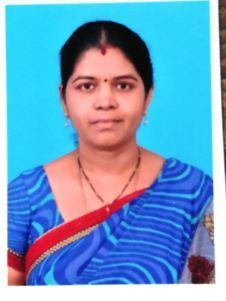
At our department, we are committed to providing a dynamic and enriching academic environment that fosters innovation, technical excellence, and research-driven learning. Our dedicated faculty members, state-of-the-art laboratories, and strong industry collaborations ensure that our students gain both theoretical knowledge and practical experience, equipping them for successful careers in engineering.
We take pride in our tradition of academic excellence and our efforts to stay ahead in emerging technologies. Our focus is not just on imparting knowledge but also on nurturing creativity, critical thinking, and problem-solving skills among students. We encourage interdisciplinary research, hands-on projects, and industrial exposure to prepare our graduates for real-world challenges.
With a strong emphasis on holistic development, we aim to mold our students into skilled professionals and responsible engineers who contribute to the advancement of society. I invite you to explore our department, engage in its vibrant academic culture, and be part of our journey toward excellence.
PROFESSOR & HOD
| Name | Qualification | Designation |
|---|---|---|
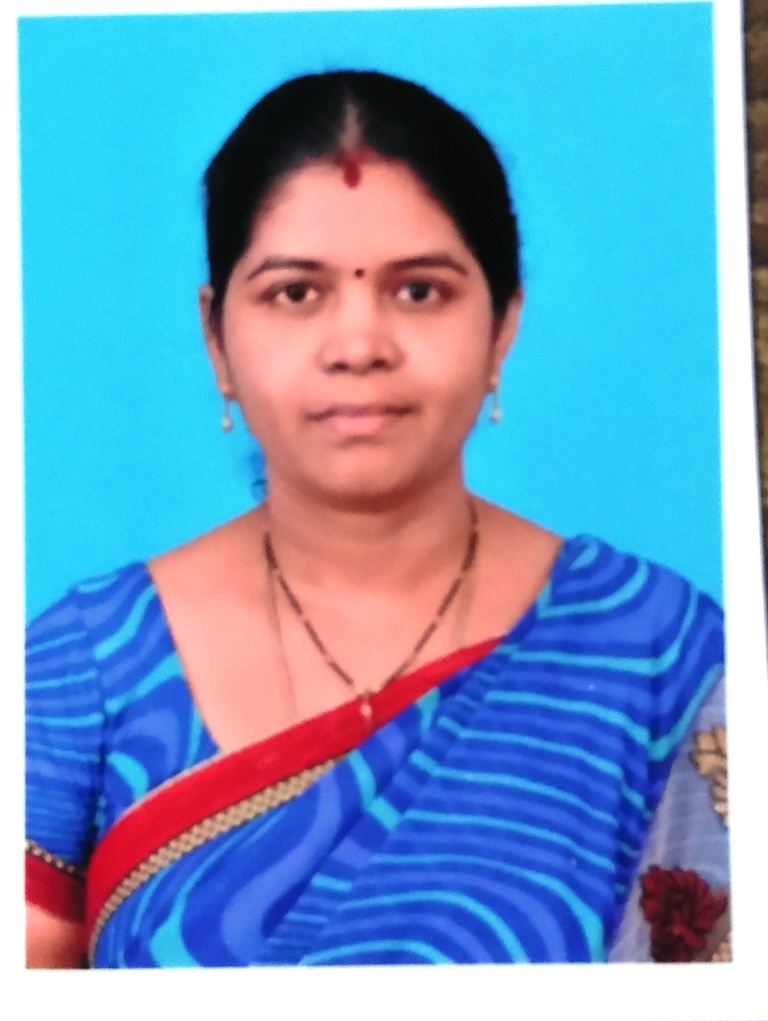
|
M.E., Ph.D. | PROFESSOR & HOD |

|
M.E., Ph.D. | Associate Professor |
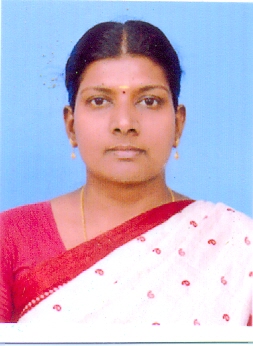
|
M.E., Ph.D. | Assistant Professor |
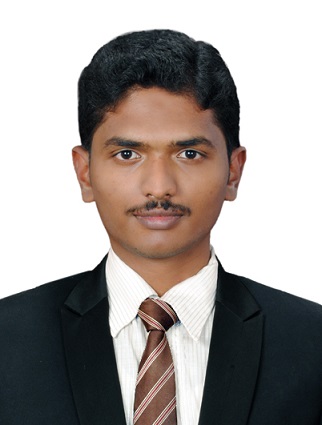
|
M.E., (Ph.D.) | Assistant Professor |
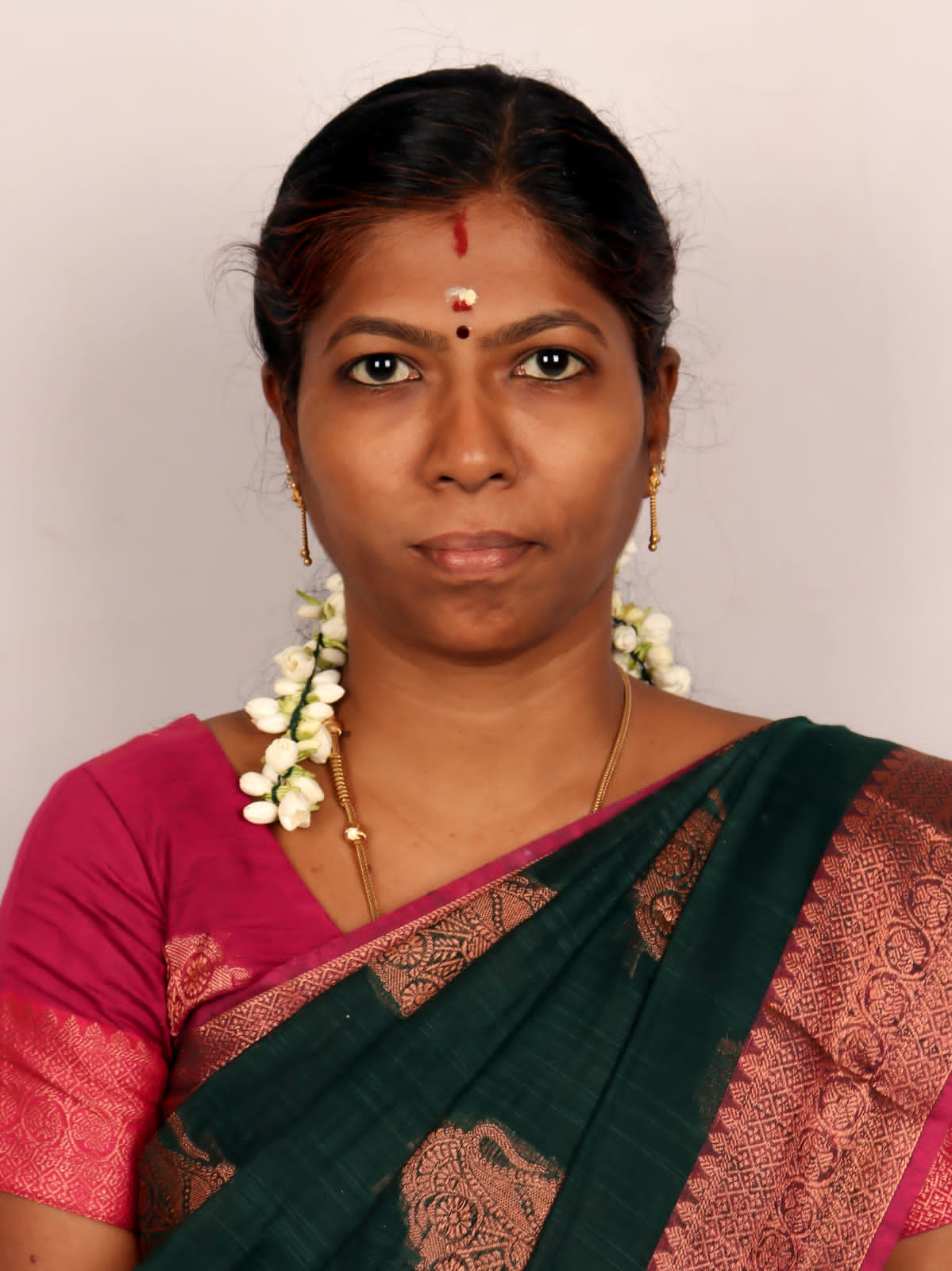
|
M.E.,Ph.D. | Assistant Professor |
| Name | Qualification | Designation |
|---|---|---|

|
B.Sc. | Lab Assistant |

|
Lab Assistant | |

|
Technical Assistant |
Programme Educational Objectives (PEOs)
1. Succeed in their professional career and develop innovative products
2. Intrigue in the life- long learning to get flourished with the upcoming state of art technologies.
3. Demonstrate leadership capability and social responsibility.
Programme Outcomes(POs)
1. Engineering knowledge: Apply the knowledge of mathematics, science, engineering fundamentals, and an engineering specialization to the solution of complex engineering problems.
2. Problem analysis: Identify, formulate, review research literature, and analyze complex engineering problems reaching substantiated conclusions using first principles of mathematics, natural sciences, and engineering sciences.
3. Design/development of solutions: Design solutions for complex engineering problems and design system components or processes that meet the specified needs with appropriate consideration for the public health and safety, and the cultural, societal, and environmental considerations.
4. Conduct investigations of complex problems: Use research-based knowledge and research methods including design of experiments, analysis and interpretation of data, and synthesis of the information to provide valid conclusions.
5. Modern tool usage: Create, select, and apply appropriate techniques, resources, and modern engineering and IT tools including prediction and modeling to complex engineering activities with an understanding of the limitations.
6. The engineer and society: Apply reasoning informed by the contextual knowledge to assess societal, health, safety, legal and cultural issues and the consequent responsibilities relevant to the professional engineering practice.
7. Environment and sustainability: Understand the impact of the professional engineering solutions in societal and environmental contexts, and demonstrate the knowledge of, and need for sustainable development.
8. Ethics: Apply ethical principles and commit to professional ethics and responsibilities and norms of the engineering practice.
9. Individual and team work: Function effectively as an individual, and as a member or leader in diverse teams, and in multidisciplinary settings.
10. Communication: Communicate effectively on complex engineering activities with the engineering community and with society at large, such as, being able to comprehend and write effective reports and design documentation, make effective presentations, and give and receive clear instructions.
11. Project management and finance: Demonstrate knowledge and understanding of the engineering and management principles and apply these to one’s own work, as a member and leader in a team, to manage projects and in multidisciplinary environments.
12. Life-long learning: Recognize the need for, and have the preparation and ability to engage in independent and life-long learning in the broadest context of technological change.
PROGRAM SPECIFIC OBJECTIVES (PSOs)
1. Exhibit the fundamental concepts of measurement and control to varied measurement systems, industrial processes and configuring industrial automation system.
2. Select and apply cutting-edge technologies and adapt towards the changing interdisciplinary technologies to endow with a achievable solution.
3. Understand and analyze control problem for the interdisciplinary applications and provide suitable state of art solutions.